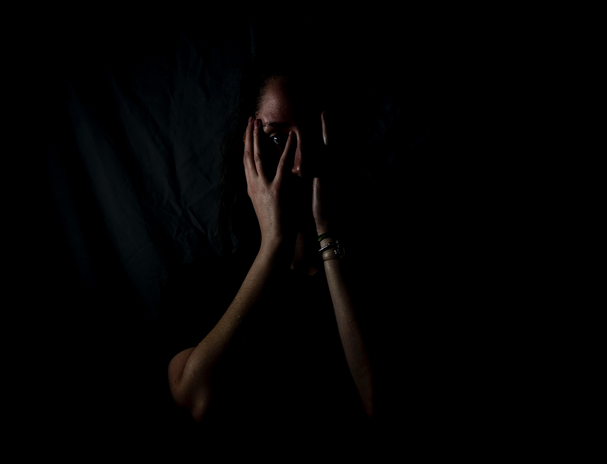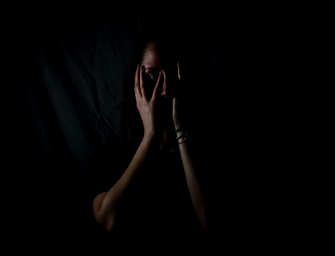The Gabby Petitio case, as is the case with most white, young missing women, has stopped the world recently. People from all over the country became invested, with many new TikTok sleuths posting about their theories and updates and millions turning on the TV to see her face. Even Dog the Bountyhunter (my personal favorite twist of the story) has gotten involved since she has been found. With hashtags such as #findgabby and more recently #JusticeforGabby topping as two of the most used hashtags recently across social media, it got me thinking. Why do I only see one or two posts centered around people of color who face the same tragic fate? Where is there justice?
This article is not meant to discredit Gabby Petitio and other missing persons cases of white people or to say they are not as important, this article is just highlighting how people of color do not get the same rush of justice as white people do. Anyone going missing is a terrible, terrible thing, but we need to show the same support for people of all races, genders, and ages because, at the end of the day, they are people who need help too.
According to statistical data from the FBI found on CNN, white Americans make up 76% of the U.S. population and 54% of the 2020 missing people, while African Americans make up only 13% of the population and 34% of the missing person cases. Native Americans represent only 2% of the U.S. population and are 1% of the missing person cases. Asian Americans represent 6% of the population and 2% of the population and the other 10% of cases are unknown/other. Statistics also say that 1 in 5 indigenous women will end up missing or murdered. The statistics show that by population, BIPOC (black, indigenous, (and) person of color) Americans are already at a higher risk than white Americans of going missing, and minimal to no media coverage on the cases will only continue the problem.
Scrolling on social media recently, all I have seen is people posting their lives as usual and cases similar to Gabby Petitio, with only one or two people raising awareness about a large number of the many BIPOC missing cases. In most cases, I do end up seeing it is months after the fact or the person has been found in a tragic state. If the media could react with the urgency they do for white missing person cases, someone may be able to come forward with potential information to help the police solve the case and help the person return home safely, or at the least bring closure to their families.
Gender also has an effect, as we rarely ever see missing cases for men on the news either. Not only are white people getting prioritized by the media when it comes to missing person cases, but specifically white females get the most air time. This leads me to the question: why do the news outlets and social media sites only pick up stories of young, missing white women, and how can that be changed? The short answer: money. The way most news sources get their money is by people viewing the ads they play between news stories, meaning the more people they get to watch their news stories, the more people they get to watch their ads and the more money in their pockets. They search through the popular topics and what they see the public shows the most interest in and creates their stories based on this. They see people on social media continuously spreading the word about these missing white girls, so in turn, they air the stories. If we as a society could show as much interest in the missing cases of BIPOC Americans, we could get the news sources to see this as a problem. If we could raise awareness for how these missing persons and their families have been suffering for long periods of time, we could try and get the answers these families have desperately been searching for. The more media coverage these cases receive, the more pressure there will be to re-open closed cases and continue to dig deeper into current cases. We as a generation need to step up and help find as many missing persons as we can.
This article is dedicated to Jelani Day and his family, as he is who really sparked my inspiration for this article. May he rest in peace, and may his case help push for more to be done for missing BIPOCS.


